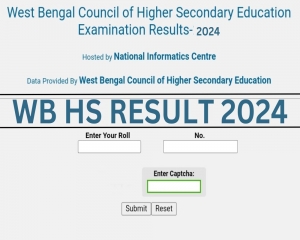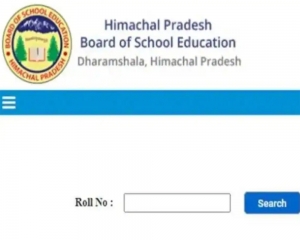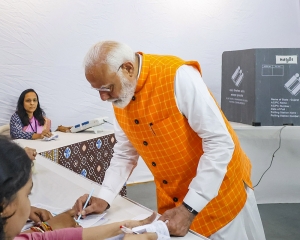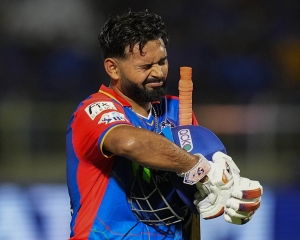IRDA guidelines silent on invocation of guarantee or how the amount will be settled by the insurance company
Insurance Regulatory and Development Authority of India has issued IRDAI (Surety Insurance Contracts) Guidelines, 2022 on 3rd January 2022. The guidelines shall come into force with effect from April 1, 2022. These guidelines are applicable for all general insurance companies under registered Insurance Act 1938. The guidelines define different types of guarantees namely Advance Payment bond, Bid bond, Contract bond, Customs and court bond, Performance bond and Retention Money. The guidelines containvarious conditions to be eligible for the surety business like maintenance of solvency margin, premium charged, board approved underwriting philosophy, risk assessment mechanism and compliance with specific
conditions.
Finance Minister Nirmala Sitharaman has said the use of surety bonds issued by insurers as a substitute for bank guarantee will be made acceptable in Government procurements.
It is not known what has made the policy makers to allow issue of guarantees by insurance companies. As it is, there are enough number of banks and bank branches to handle this business. The policy makers do not seem have appreciated the nuances of bank guarantees.
Banks provide guarantees to their clients as part of working capital facility. Though at the time of issue of guarantee, there is no outflow of funds, in the eventuality of invocation of guarantee, there will be outflow of funds from the bank. Hence what initially is treated as a non-fund-based facility may become a fund-based facility. Invoked guarantee or defaulted guarantee is similar to a loan book and ultimately this has
to be recovered from the
customer.
Banks do collect a margin amount, commission and also tangible security for issuing guarantees. They do obtain a ‘counter guarantee’ from the customer to make good the amount of guarantee in case of invocation. In most of the cases, as the customer is enjoying different other facilities, the collateral security provided will be extended for the guarantees also. Hence in the eventuality of invocation of guarantee, the banks will be able to lay their hands on the securities with them. In no way, this can be done by any insurance company.
The guideline issued by IRDA is silent on invocation of guarantee or how the amount will be settled by the insurance company and how will they recover this amount. Or will they pay for the invoked guarantee out of their profit and loss account?
For all practical purposes, guarantees portfolio should be treated only as a financial intermediation, as anytime the guarantee may be invoked and it squarely falls on the domain of banks. It is not a risk management mechanism and hence not in insurance domain. Why insurance companies must be allowed to enter this field?
Banks guarantees are well accepted by all as there are various guidelines by RBI as to the issue and payment in clear terms. The RBI is categorical that wherever the guarantees are invoked, payment should be made to the beneficiaries without delay and demur. It prescribes that an appropriate procedure for ensuring such immediate honouring of guarantees should be laid down so that there is no delay on the pretext that legal advice or approval of higher authorities is being obtained.
Over the years the banks have understood that delays on the part of banks in honouring the guarantees when invoked tend to erode the value of the bank guarantees, the sanctity of the scheme of guarantees and image of banks. It also provides an opportunity to the parties to take recourse to courts and obtain injunction orders.
Only where there is an element of fraud in issuing or invoking the guarantees, the payment on the guarantee is withheld. Such occasions are very rare. Time and again courts have made it clear that payment on guarantees cannot be stopped by banks.
There are occasions that bogus bank guarantees are used by clients. As no payment is involved while issuing a guarantee, it is possible that some guarantees purported to be from banks can be prepared and the beneficiary company can be defrauded. In such cases, only if the guarantees are invoked, the fraud will come to light. To avoid such a situation, banks provide a system to verify and get confirmation of guarantees issued from higher authorities of the bank. IRDA has not made any such provision in their guidelines.
Finally when banks are not allowed to enterthe business of insurance (they only act as distributor for insurance companies), why insurance companies must enter the territory of banks? That too where there is tremendous risk.
(The writer is a retired banker. The views expressed are personal.)


























